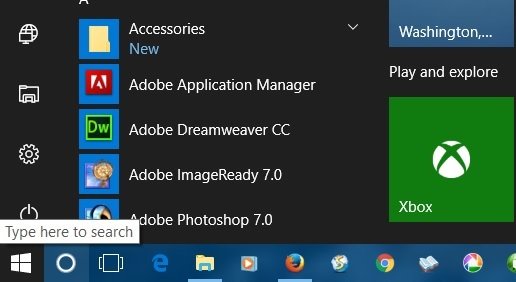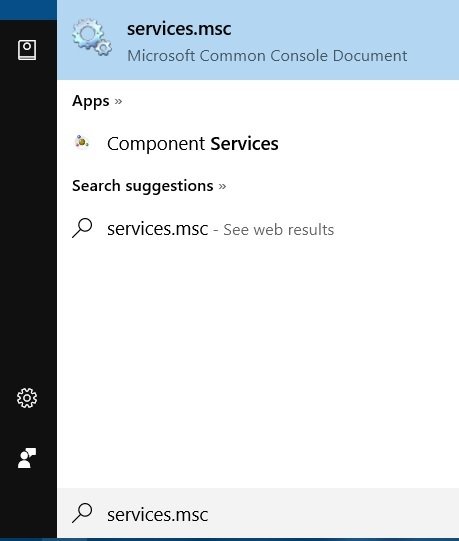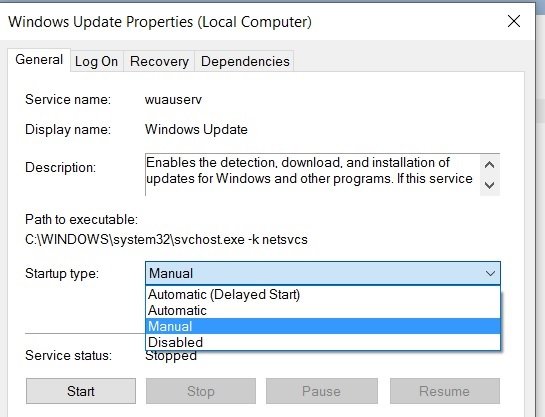Given the title of this post, I think it is important to state unequivocally that Windows updates are needed for protecting your computer system against viruses, rootkits and intrusion attacks. Whenever bugs are discovered, Microsoft releases updates or patches to protect computer systems that are running its operating system.
Given the foregoing, why would anyone want to disable Windows updates? That is what this post is about, and I will proffer one scenario that warrants your disabling Windows update. Last week, I had access to an unmetered internet connection. Some files were still being downloaded when I hibernated my laptop and went home. Later in the evening of the same day, I turned on my computer, subscribed to 1.5 GB of data bundle (plan) and inserted my modem. Given that I accessed websites devoid of videos and pictures, I was surprised when the data bundle was exhausted in less than 20 minutes. It dawned on me that I forgot to turn off Windows update. I don’t trust Windows to differentiate between metered and unmetered connection. And this is one of the reasons for disabling Windows update sometimes.
In order to disable Windows update
on Windows 10 (the instructions are also applicable to other versions of
Windows with a minor variation), do the following:
1. Click Cortana (or Start if you
are using Windows 7) in order to type.

2. Type services.msc and
select it above

3. The window shown below will be
displayed.

4. Look for Windows update and
double click it.
5. Stop the service if it is
running.
6. Use the drop-down menu to change
the startup type to “disabled”, click Apply and OK.

Go through the same steps to re-enable Windows update in order to receive updates over an unmetered connection.